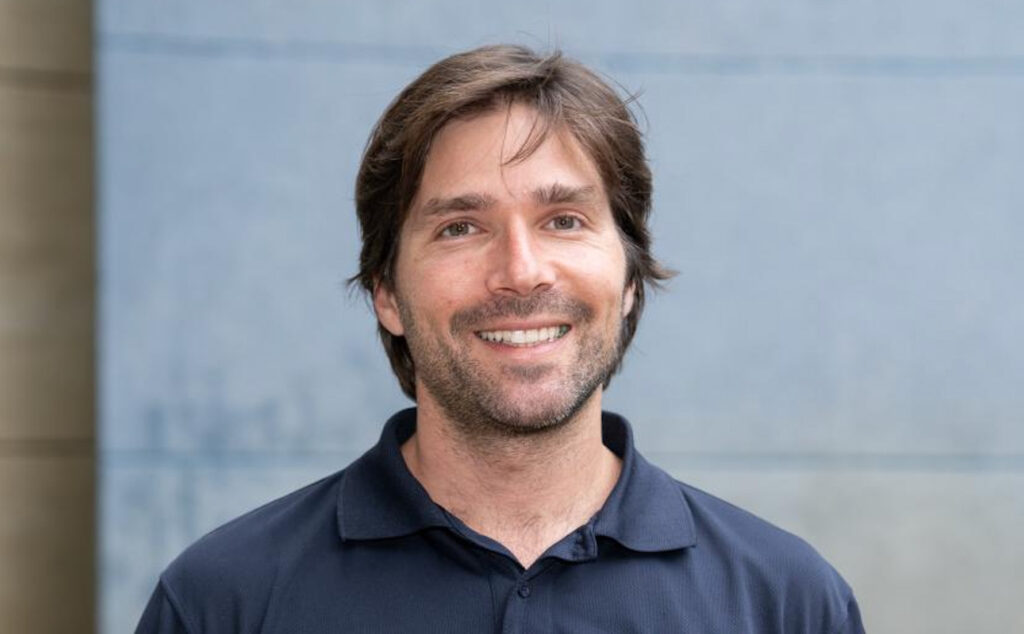His research focuses on the study of climate–human–landscape interactions in both coastal and terrestrial ecosystems using multi-disciplinary approaches. Dr Serrano’s work sits at the interface between palaeoecology, contemporary ecology, climate change research and biogeosciences, to deliver new insights onto the processes and dynamics of ecosystems at millenary time scales. His work has introduced a new research program on seagrass ecology based on the analysis of the palaeoarchives existing in the massive deposits these ecosystems develop over millennia and the insights it can provide on climate change and the impacts on coastal ecosystems. Indeed, his long-term career on the study of Blue Carbon and biogeochemical cycles has placed him among the top researchers in this field. Dr Serrano’s research is influencing policy and management.
Dr Serrano has spent 10 years conducting research in Australia before moving to CEAB. Now, he is currently working in a Ramon y Cajal tenure-track position at CEAB since May 2021. He published in top peer-reviewed journals, successfully led projects to reconstruct global change impacts on coastal areas, and mentored under- and post-graduate students, and post-doctoral researchers in Australia and Spain towards sucesfully completing their projects, including the publication of their research as lead authors in top peer-reviewed journals. He is conducting researcher in multiple countries and regions, including South America, Australia and the Mediterranean.



